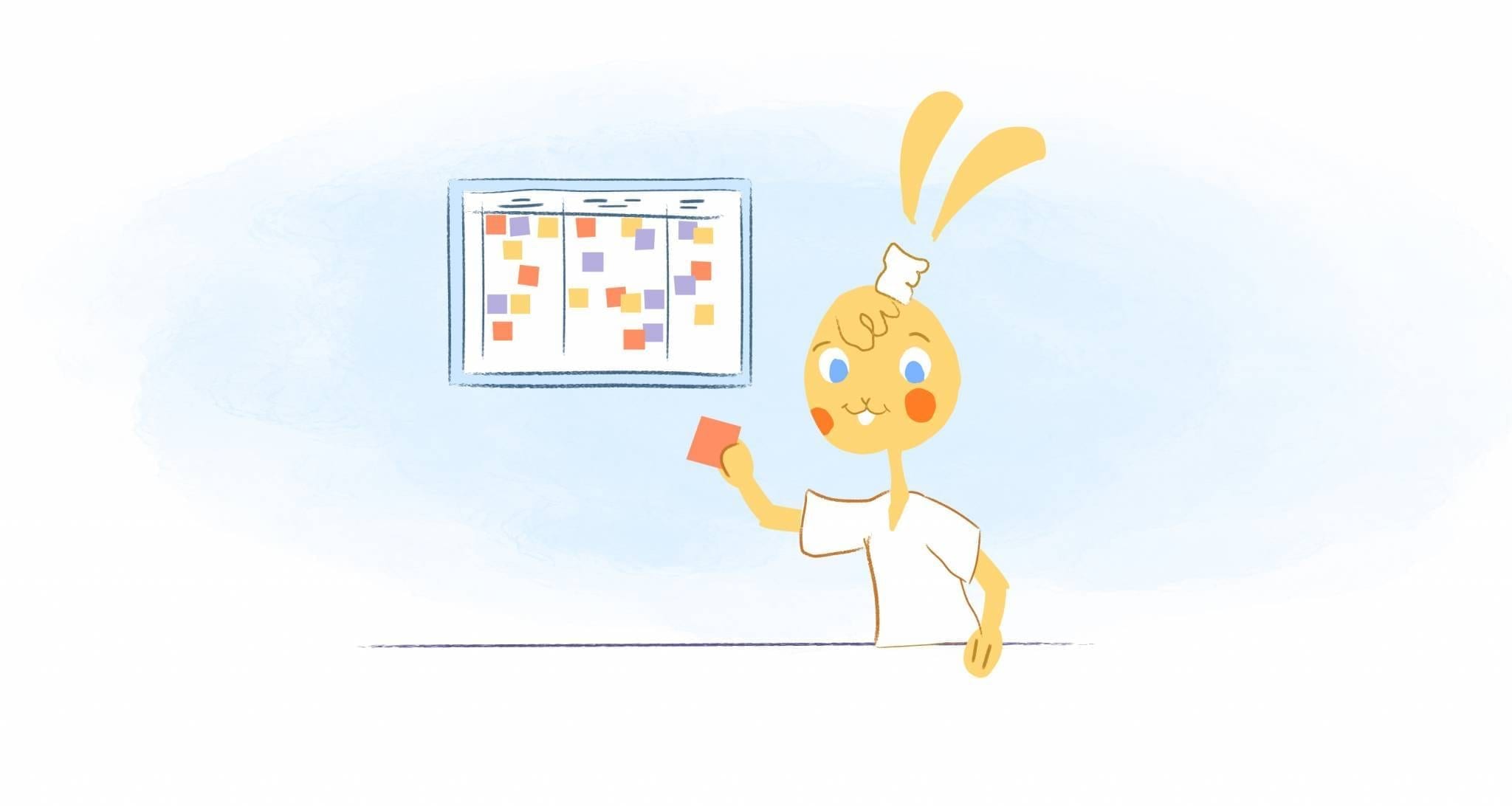

There is no doubt that anger is a powerful emotion. It makes us feel overwhelmed and irrational. However, it can also serve as a powerful motivator. Anger causes our bodies to release adrenaline and cortisol, which boosts our energy levels and focus. As a result, productivity can be increased.
You don’t have to take my word for it, though. According to research by the American Psychological Association, anger can also motivate people to achieve challenging goals.
“People often believe that a state of happiness is ideal, and the majority of people consider the pursuit of happiness a major life goal,” said lead author Heather Lench, PhD, a professor in the Department of Psychological and Brain Sciences at Texas A&M University. “The view that positive emotion is ideal for mental health and well-being has been prominent in lay and psychological accounts of emotion, but previous research suggests that a mix of emotions, including negative emotions like anger, result in the best outcomes.”
As with anything, there are right and wrong ways to use anger to fuel productivity. If your anger gets out of control, you may make impulsive decisions and perform poorly. Using anger constructively, though, can be a powerful tool for getting things done.
Using Anger Constructively
It is possible to harness anger into a powerful tool when you learn to channel it.
There are times when anger can be helpful in solving problems. It’s only natural for people to be angry when they are facing difficulties in their lives. In addition to expressing negative feelings, it can motivate you to come up with solutions to your problems.
Converting anger into motivation allows you to advocate for yourself and make positive changes. This inspires leadership and self-improvement.
In 2017, a study found anger is crucial to human survival because it helps people face obstacles and overcome them. Additionally, anger protects us from environmental threats due to its quick adaptation.
It is not advisable to suppress anger. It has been found that this can lead to anxiety and physical problems, including:
- digestive problems
- headaches
- heart disease
- high blood pressure
- skin disorders
- stroke
Research from 2019 indicates that suppressed anger can lead to abusive and criminal behaviors.
The problem with anger is that it can quickly become irrational. If you want to solve a problem, you might need more courage to put your anger aside and access your prefrontal cortex.
The Best Ways to Channel Your Anger
Anger can be channeled into a positive force in your life if you know how to direct it. You may want to consider the following.
1. Identify your triggers.
What typically makes you angry? When you know your triggers, you can develop strategies for coping with or avoiding them.
For instance, if traffic makes you angry, try listening to calming music or audiobooks while driving. Alternatively, if you know that arguing with your partner always leads to a fight, take a break and return to it when you’ve both cooled off.
2. Acknowledge and accept your anger.
Suppressing your anger or pretending your blood isn’t boiling is never a good idea. It will only worsen the situation. Rather than repressing your anger, acknowledge and accept it. However, this does not mean that you should act irrationally. Rather, it means allowing yourself to feel it.
Whenever you feel angry, tell yourself, “I’m going to find a healthy way to deal with this.”
3. Let anger be a signal for change.
According to the American Psychological Association, cognitive restructuring is one method for dealing with anger. Simply put, cognitive restructuring refers to changing your way of thinking.
If someone criticizes your work, you might be angry and frustrated and think, “This is terrible. I don’t know what to do.” Cognitive restructuring would entail rationalizing these thoughts into more productive ones, such as “I understand what I did wrong, and I’m upset about it, but now I’m going to fix it.”
4. Find a healthy outlet.
Anger can be expressed in many healthy ways, including:
- Talking to a trusted friend, family member, colleague, or therapist.
- Writing in a journal.
- Exercising.
- Doing deep breathing exercises.
- Listening to calming music.
- Spending time in nature.
It is best to avoid unhealthy ways of expressing anger, such as yelling, name-calling, and violence. Ultimately, these behaviors will make you feel worse.
5. Use your anger to motivate you.
It is possible to motivate yourself with anger. Anger causes us to act more to improve things.
Here are a few examples of how you can use anger as a motivator:
- You could schedule a meeting with your boss if you’re angry about a coworker who takes credit for your work.
- If you are angry that you have been rejected for a raise or promotion, you could start documenting your accomplishments.
- Whenever you witness someone being harassed, you can intervene and tell the harasser to stop. Alternatively, you could complain to your HR department if you feel discriminated against at work.
- Fed up with your current job? Use your anger as motivation to find another job that will be a better fit. Or, even consider starting your own business.
- You could discuss dividing household chores more equitably if you’re annoyed with your partner who doesn’t do the dishes. If you want to keep each other on task, you could start a chore reminder system or online calendar.
- You could attend a public meeting to voice your opposition to a local issue, such as the destruction of a park. If you want to gain the support of other community members, you might want to start a petition.
6. Express your anger creatively.
It’s no wonder that so many creatives talk about channeling their anger into art, music, or writing, which allows them to process what they’re feeling and benefit others.
According to research, anger can lead to greater creativity. Three studies examining creativity and anger found that angry people brainstormed in an unstructured manner that is consistent with creative problem-solving, and they came up with more original ideas than people who were not emotionally upset or sad. It’s no wonder that so many creatives talk about channeling their anger into art, music, or writing, which allows them to process what they’re feeling and benefit others.
However, this creative advantage was short-lived. This was due to how exhausting feeling angry is.
Whenever you feel anger rising, do something creative right away. Do some intense brainstorming for a project at work, grab a pen and jot down a stream-of-consciousness piece of writing, or pick up a paintbrush and paint a new piece of art. By diverting your angry energy to a creative project, you can avoid a potentially negative outcome, such as blowing up or ruminating.
7. Establish boundaries using anger.
A key component of self-improvement is gaining insight into oneself. In addition to helping you discover your values and priorities, anger contributes to your well-being. As a result of someone disregarding your values, you feel anger.
Try setting boundaries instead of remaining angry. If someone consistently ignores your values and needs and you are constantly angry because of them, this might be a sign that you should distance yourself from them.
8. Be forgiving.
Even though anger can be destructive, we must remember that we all make mistakes. Whenever someone makes you angry, forgive them. The longer you hold onto anger, the more it will hurt you.
Remember, when you forgive someone, you aren’t saying what they did was right. The only thing you are doing is releasing yourself from anger.
Forgiveness is a process, and it may take some time. However, it is worth the effort in the end.
FAQs
Can anger be used to boost productivity?
When anger is used correctly, it can boost productivity.
When you feel angry, you can feel motivated and energetic, which helps you focus and accomplish things. Channeling your anger in a productive way is important to avoid negative outcomes, such as decreased quality of work or conflict with others.
Is it healthy to use anger to boost productivity?
Using anger to boost productivity can be healthy, but it is important to do so healthily. Seek professional help if you are constantly angry or leading to unhealthy decisions.
What are some examples of how I can use anger to boost productivity?
Anger can boost productivity in the following ways:
- You can use your anger to motivate yourself to work harder and complete a project more quickly if you need to meet a deadline.
- By being angry at a mistake you made, you can learn from that mistake and avoid repeating it.
- If a coworker is not performing well, you can use your anger to motivate you to speak with them about the matter.
What are some things to avoid when using anger to boost productivity?
The following are some things to avoid when using anger to boost productivity:
- If you are angry, you shouldn’t make decisions. Before making any important decisions, it is important to calm yourself down.
- Avoid lashing out at others. You should never vent your anger at other people. When you are angry, take a break and return later when you are calmer.
- Don’t use anger to justify unhealthy behavior. Using anger as an excuse to procrastinate, eat unhealthy foods, or engage in other harmful behaviors is not acceptable.
Being angry is a normal emotion. Nevertheless, you should healthily manage your anger. You can find several resources available to help you manage your anger if you are finding it difficult to do so.
Image Credit: Brett Sayles; Pexels











John Hall
John Hall is the co-founder of Calendar a scheduling and time management app. He’s also a keynote speaker that you can book at http://www.johnhallspeaking.com.